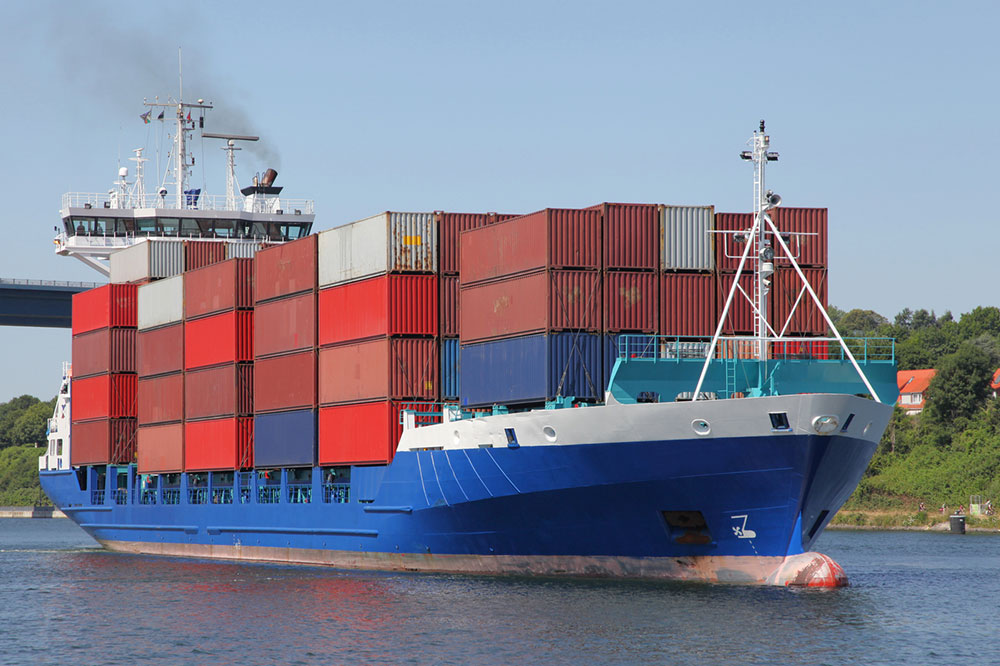Optimizing Freight Operations with Advanced TMS Solutions
Discover how modern transportation management systems (TMS) boost efficiency for freight brokers by streamlining carrier selection, shipment tracking, documentation, and payments. This article explores key benefits, types, costs, and top providers in the industry, helping logistics professionals optimize operations with advanced digital tools for smoother, more reliable freight management.
Sponsored

Enhancing Freight Management Efficiency with Modern TMS Technologies
Freight brokers play a crucial role in the logistics sector, acting as intermediaries between shippers and carriers to facilitate smooth transportation. Traditionally, managing freight involved manual effort and increased chances of error. Today, many brokers adopt transportation management systems (TMS) to streamline processes, improve accuracy, and boost overall efficiency.
Advantages of TMS in Freight Brokerage
TMS software offers a comprehensive platform to optimize freight movements across land, air, and sea. It provides real-time insights into logistics operations, ensuring regulatory compliance and better decision-making. Both shippers and carriers benefiting from these digital solutions experience quicker, more reliable transportation processes.
Key Benefits of TMS Software
Implementing TMS in freight brokerage offers numerous advantages:
1. Carrier Selection Assistance
The platform simplifies identifying the most suitable carriers for specific shipments by consolidating data, integrating with load boards, or retrieving records of similar previous loads.
2. Shipment Tracking
Real-time location updates can be entered by carriers and shippers, allowing for precise tracking. Integration with GPS tracking further automates updates, providing current shipment status at any moment.
3. Carrier Verification and Documentation
Before dispatching, carriers must meet safety and insurance standards. TMS automates this verification process and manages the necessary paperwork, including sending rate confirmations to ensure clarity before shipment.
4. Payments Management
The system supports various payment methods like checks or ACH transfers, streamlining invoicing and reducing manual errors. It also facilitates invoice auditing and cost analysis for better financial control.
5. Data Analysis and Reporting
TMS provides insights into freight history, helping brokers evaluate performance, identify cost-saving opportunities, forecast demands, and make informed strategic decisions.
6. Automated Customer Billing
Automating invoicing reduces human error and speeds up billing cycles. With integrated templates for PODs and BOLs, brokers can process payments more efficiently with minimal manual input.
Types of Freight TMS Solutions
Cloud-Based TMS
This option allows remote access via the internet, storing data securely in the cloud. Users can log in from anywhere with internet connectivity, offering flexibility and scalability.
On-Premise TMS
Installed on company servers, this setup grants complete control over data and security. Access is limited to internal networks, making it suitable for organizations prioritizing security over remote connectivity.
Pricing Models
Cloud Pricing
Costs may be pay-per-load or subscription-based, ranging from $2-$5 per load or tens of thousands annually, depending on features and scale.
On-Premise Pricing
Usually a one-time fee ranging from $50,000 to over $400,000, with additional annual maintenance charges. Costs vary depending on software capabilities and integration requirements.
Top Freight TMS Providers
Aljex Software
LoadPilot
ITS Dispatch by Internet Truckstop
DAT Broker TMS
Strategy Live
BrokerWare by 3PL Systems
PowerBroker by McLeod Software
Rose Rocket
Tailwind Systems





